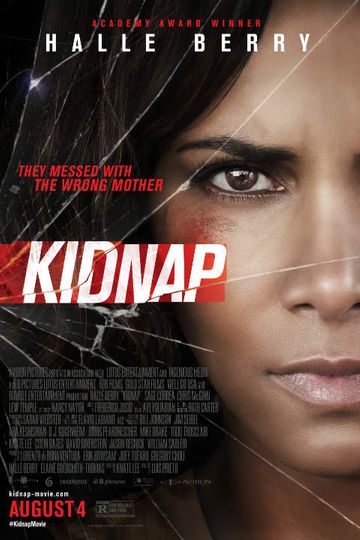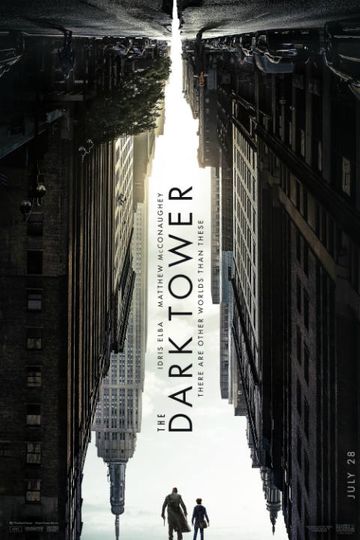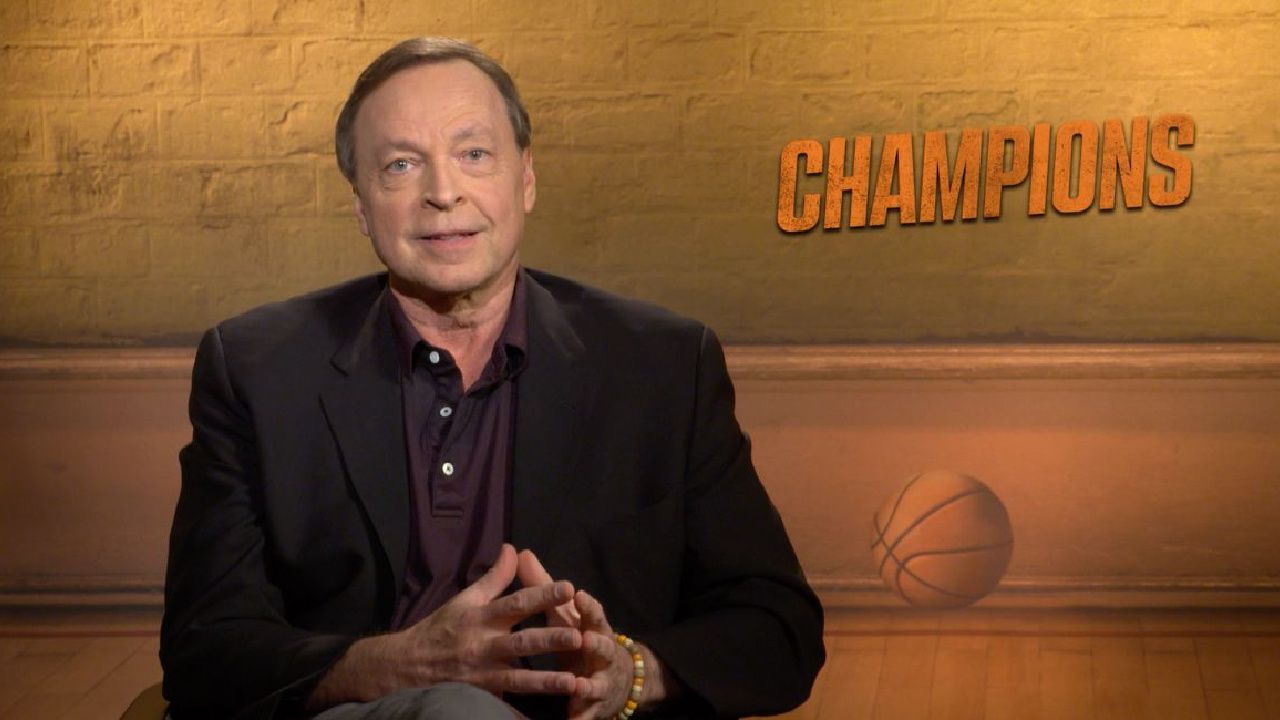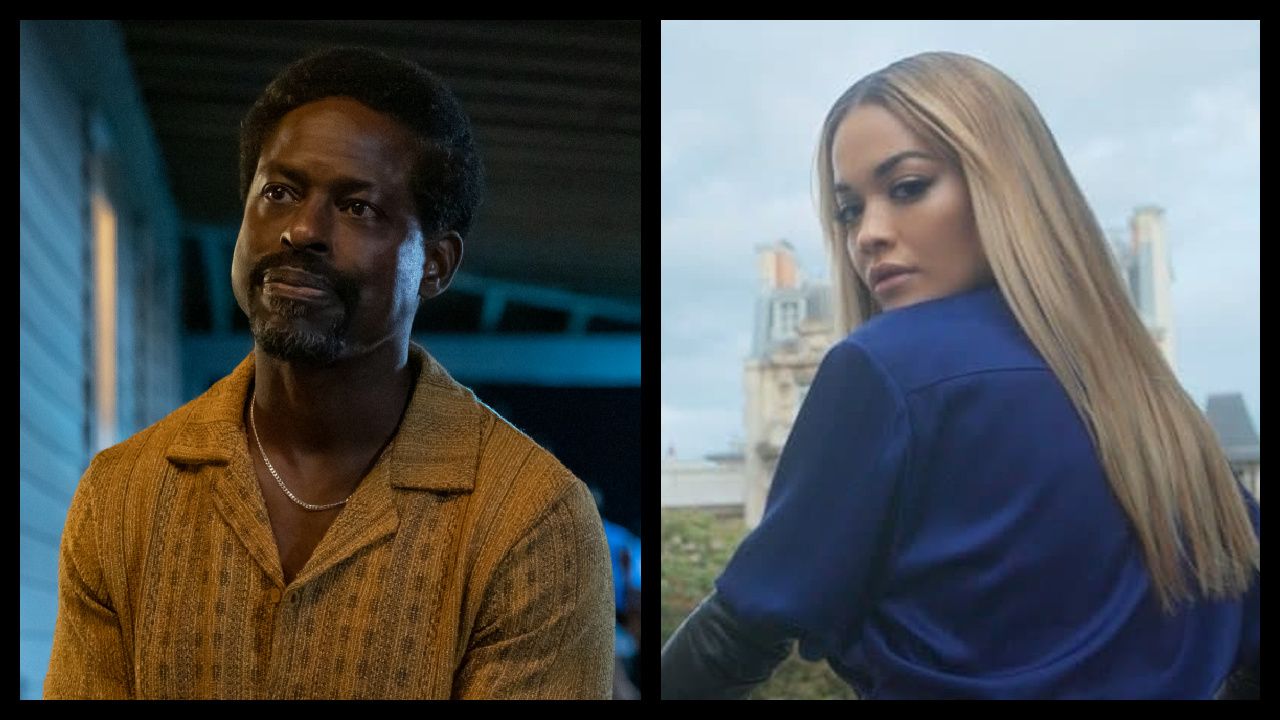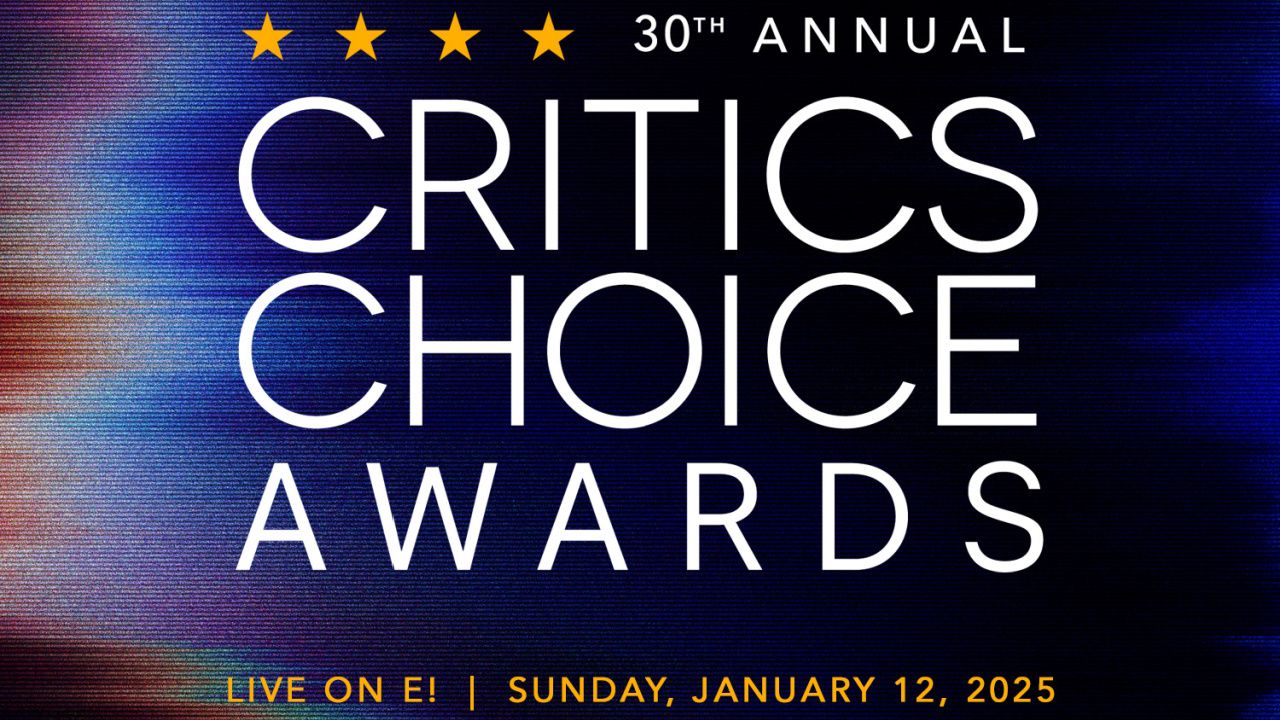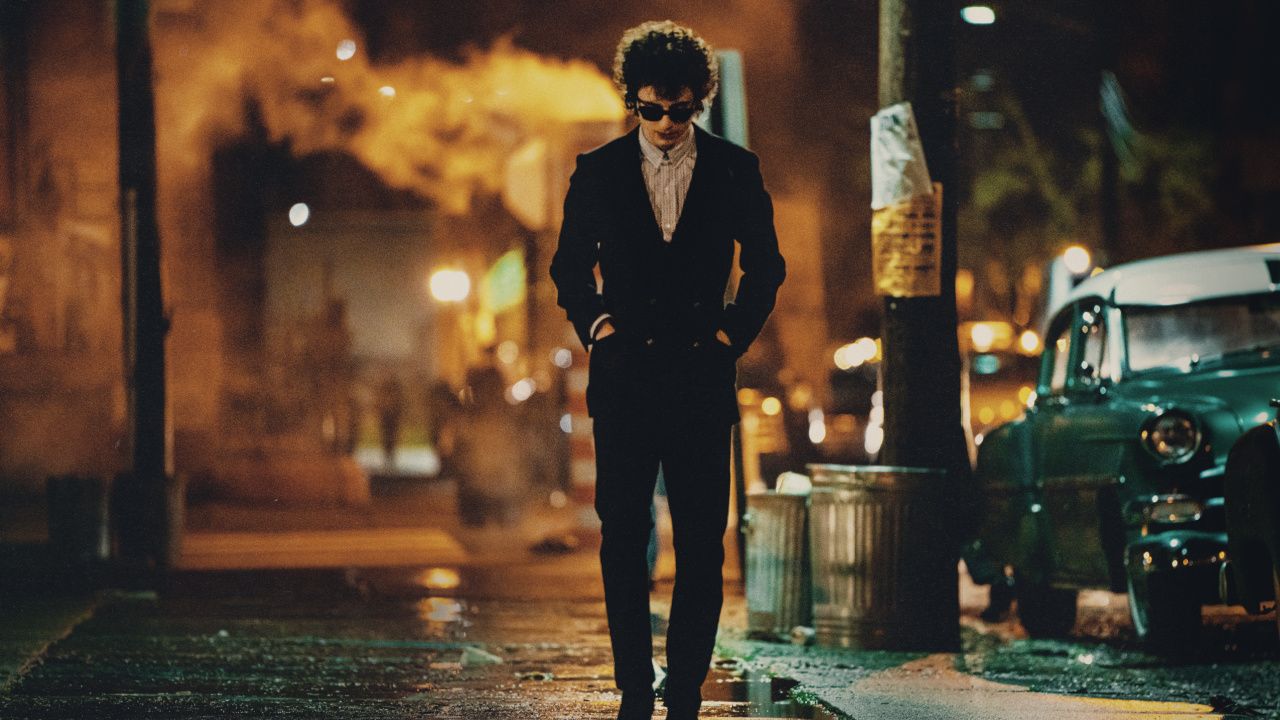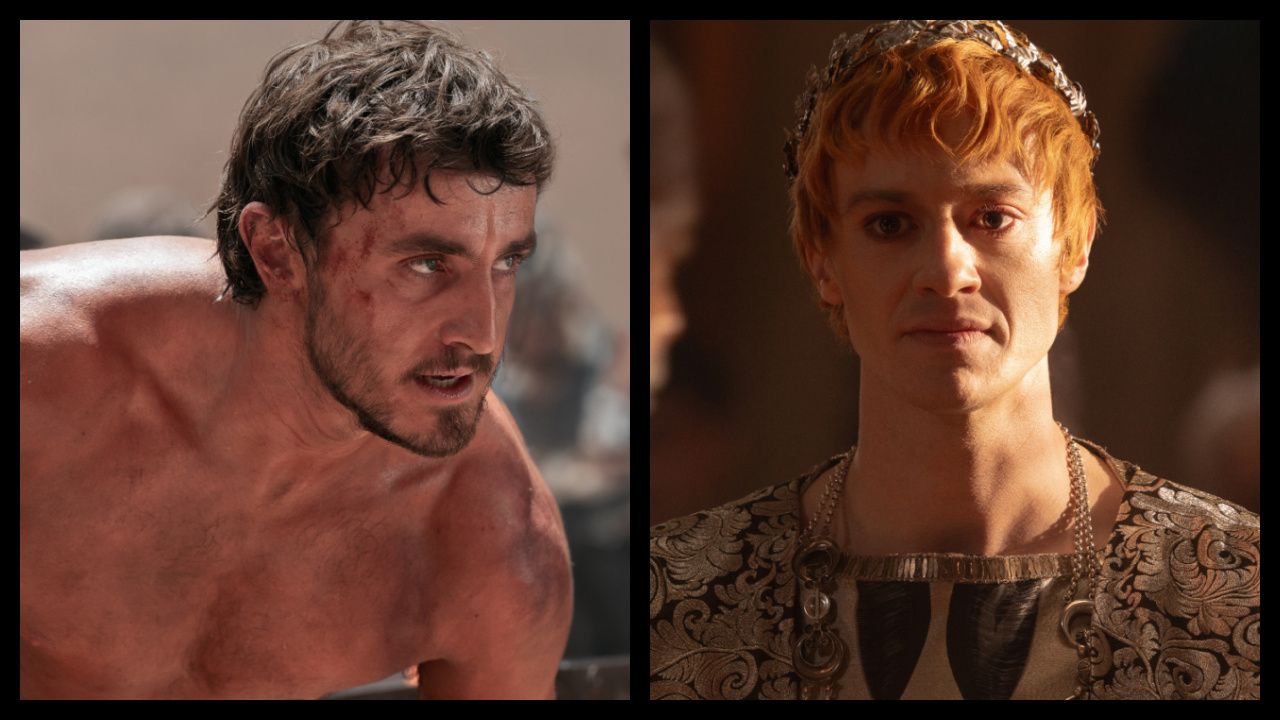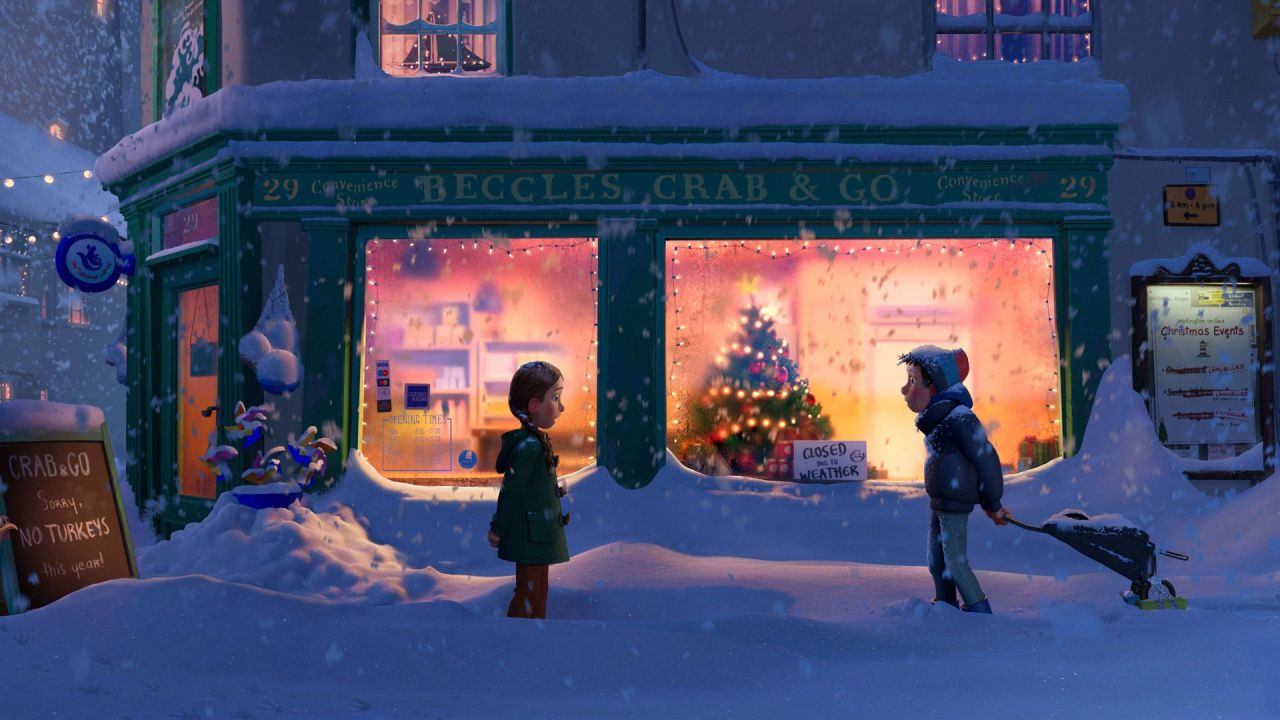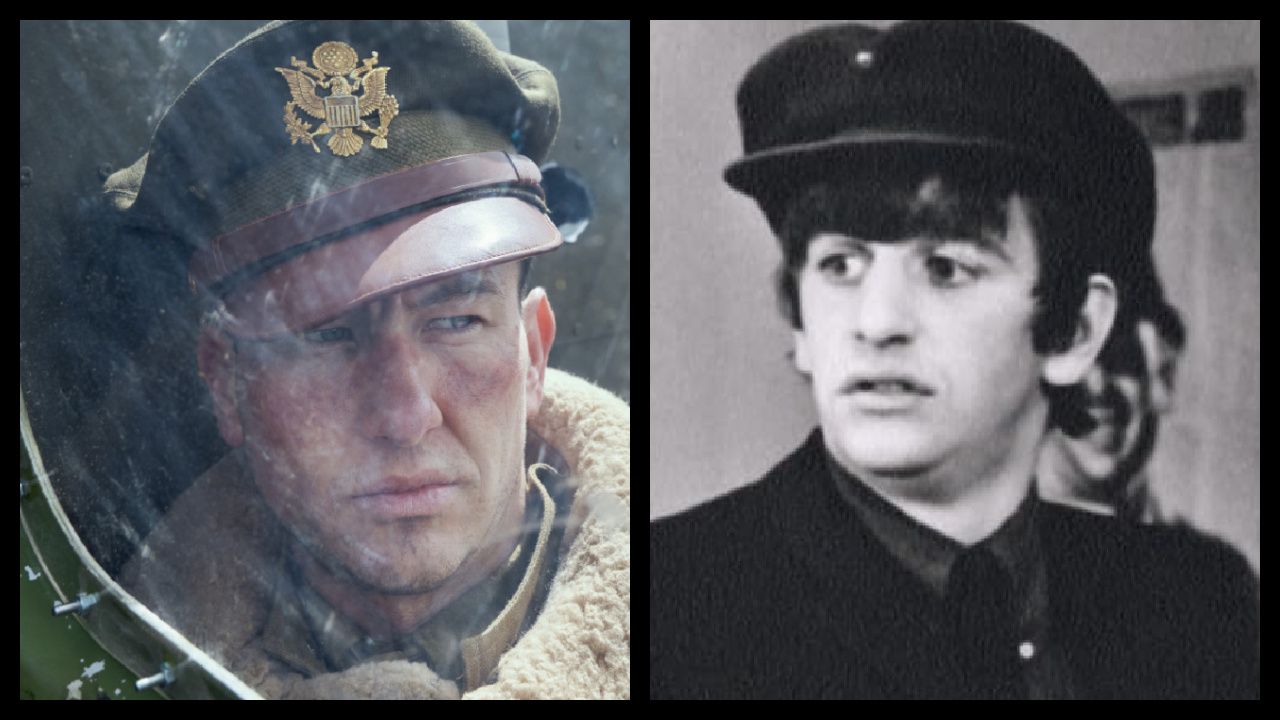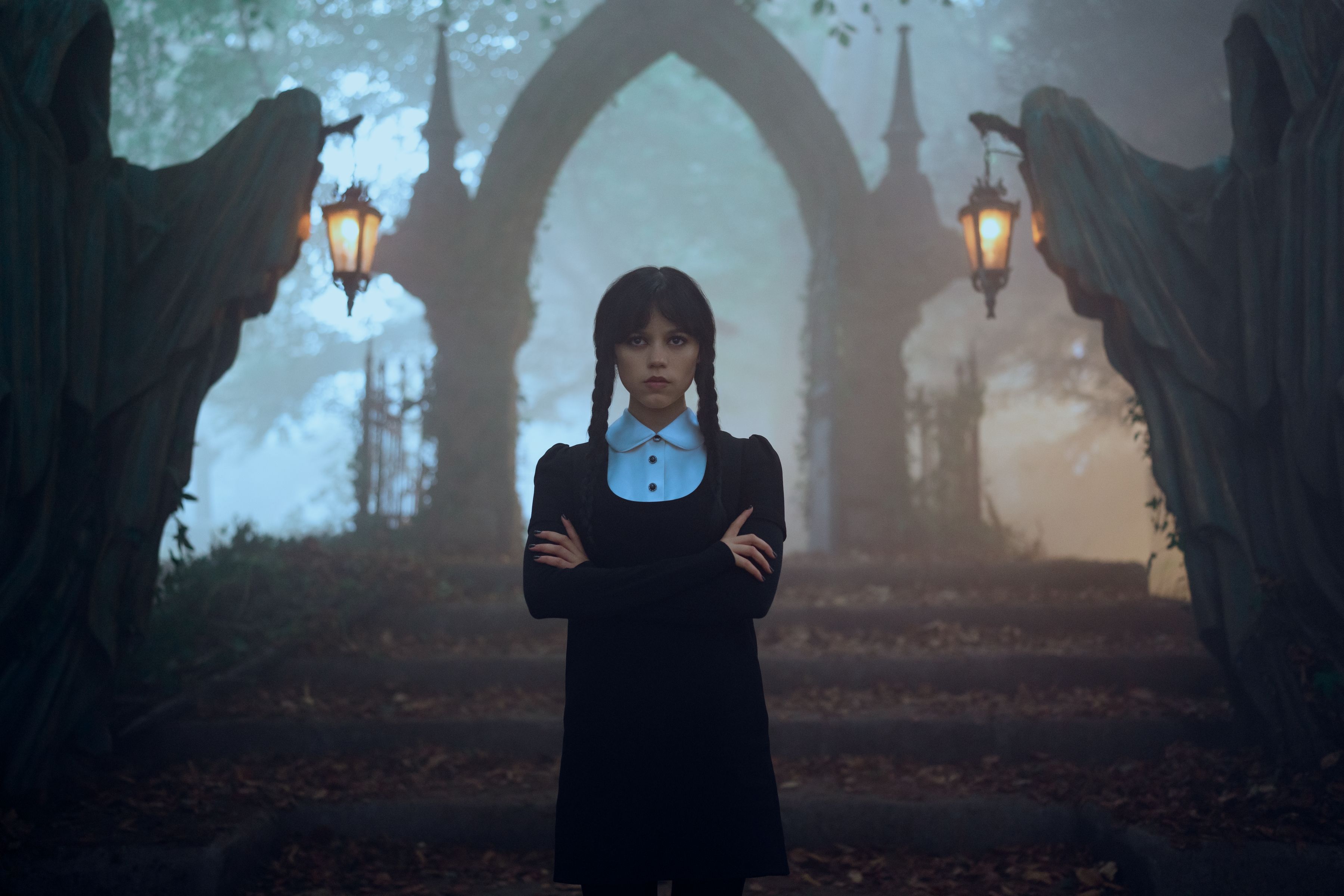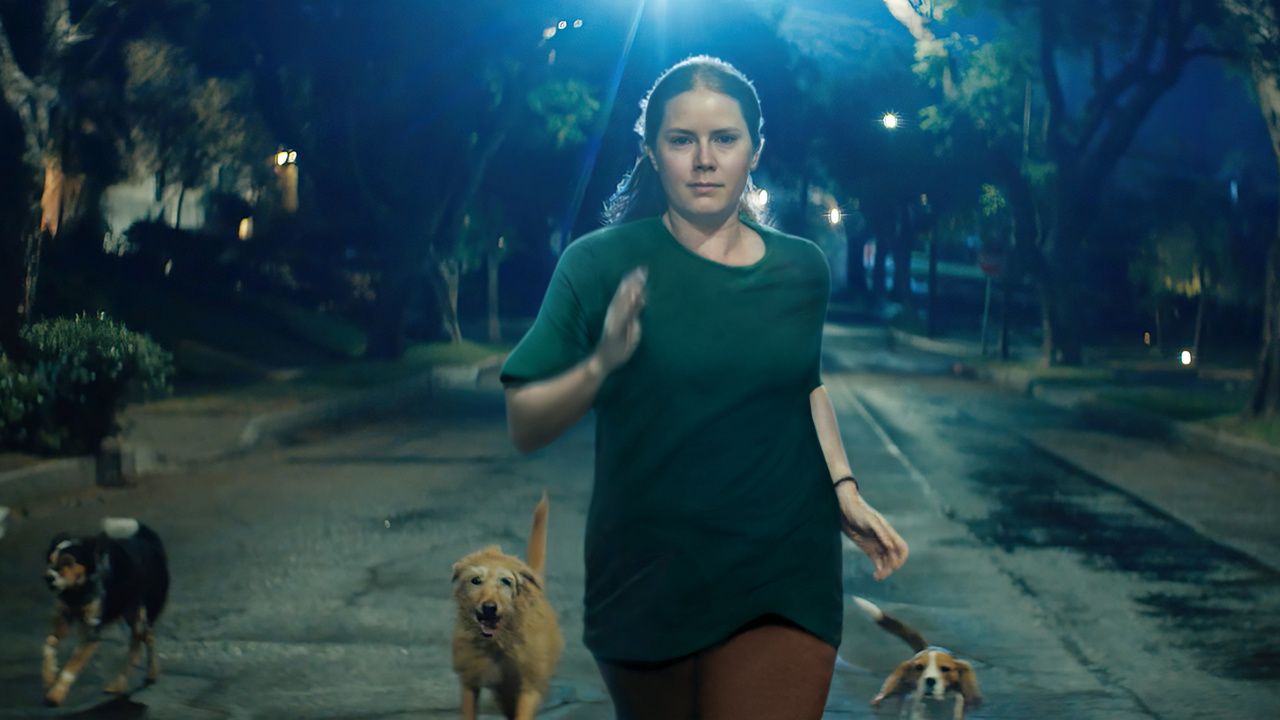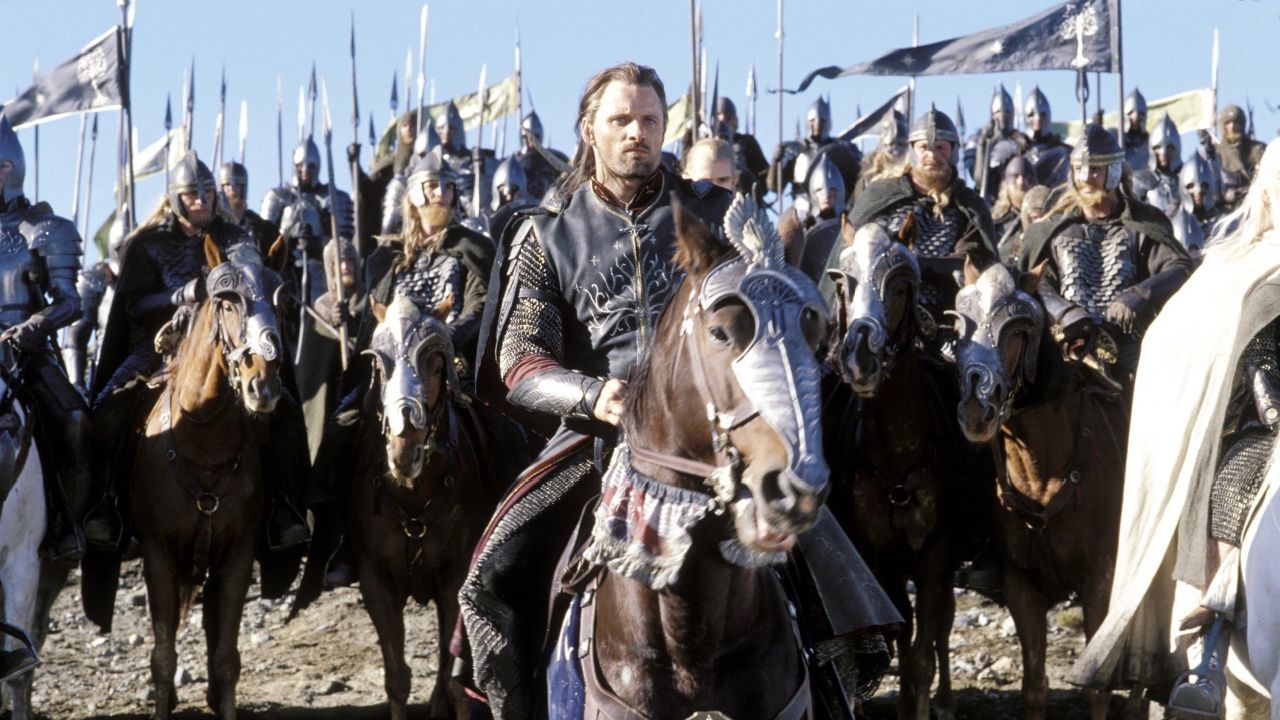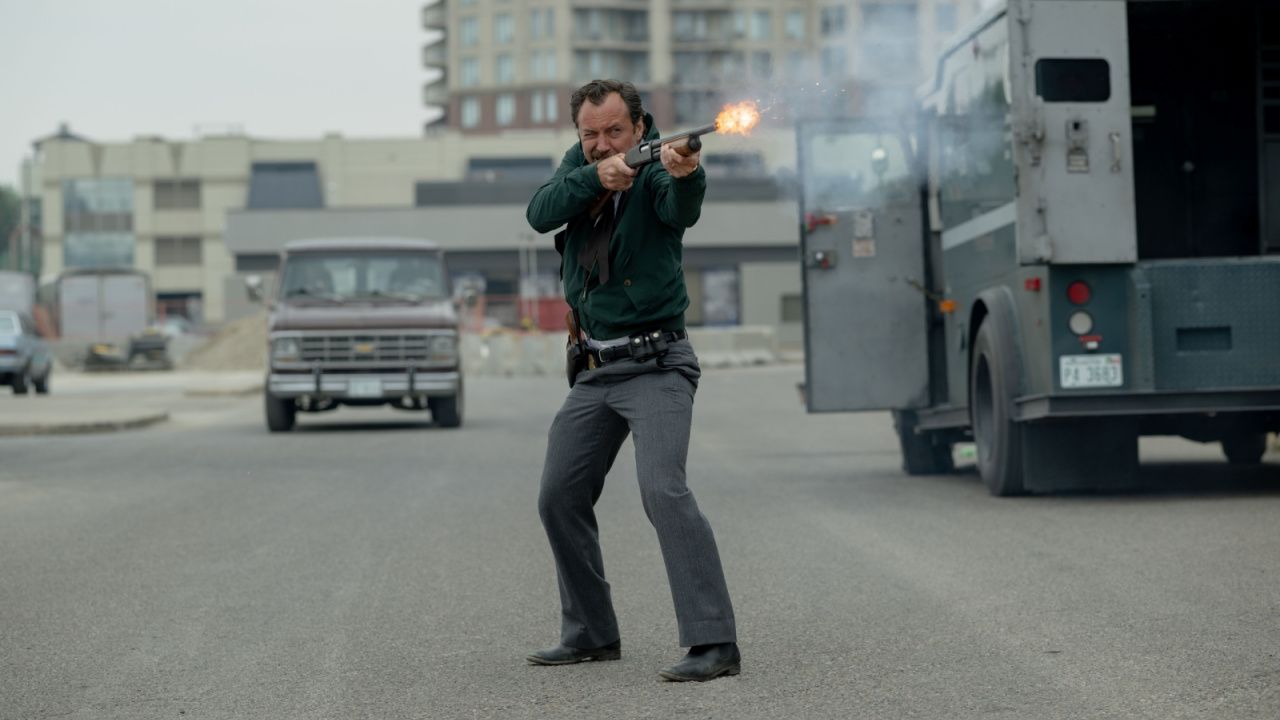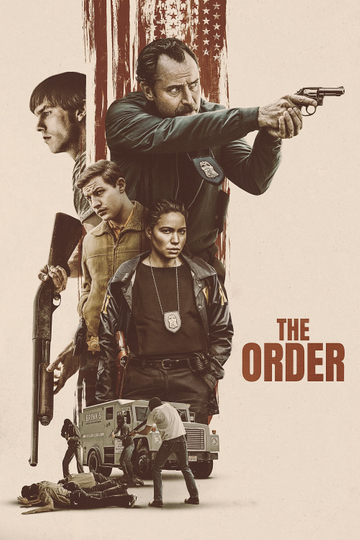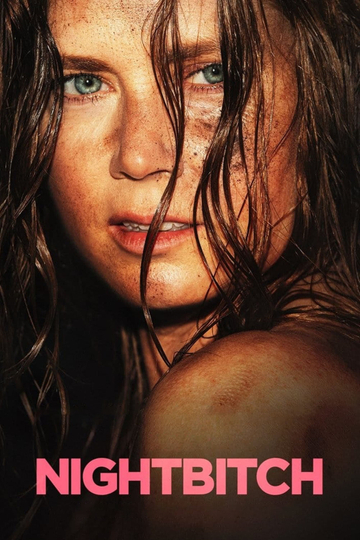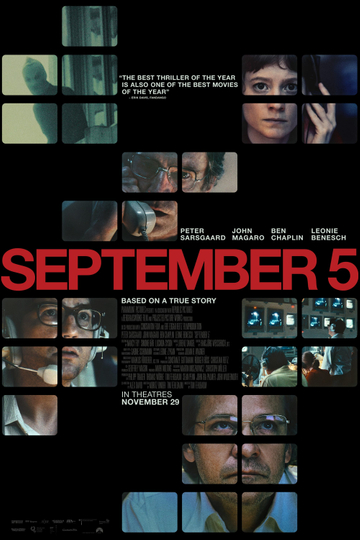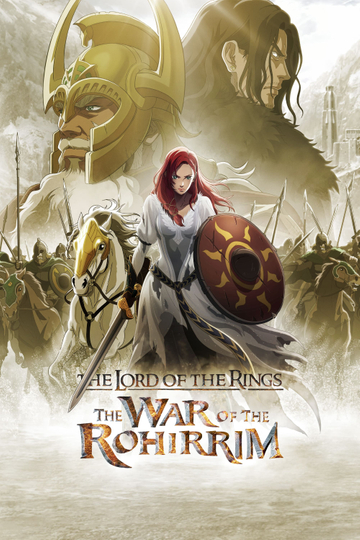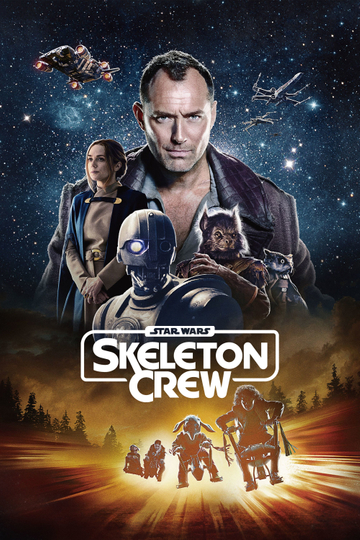Here's How You Killed 'The Dark Tower' Franchise at the Box Office
Is "The Dark Tower" a hit or a flop? Well, no one waited ten years to adapt it just to take home less than $20 million opening weekend, so it's definitely a disappointment.
The Stephen King adaptation debuted at No. 1 this weekend, ending "Dunkirk's" two-week reign. And it earned about as much as pundits predicted it would. On the other hand, that figure was just an estimated $19.5 million, not a promising number for a franchise launcher.
Results for this weekend's two other new wide releases were just as ambivalent. Halle Berry's "Kidnap" debuted in fifth place with a slightly better-than-expected $10.2 million. Kathryn Bigelow's historical drama "Detroit" expanded wide from 30 theaters to 3,007 and earned an estimated $7.3 million, good for eighth place. That sounds strong for a period piece with no big-name stars, until you realize that it amounts to just $2,411 per screen. (And hopes were originally forecasted in the $13 million range.)
How, then, to interpret this weekend's box office results? Maybe with these five lessons in mind.
1. Stop Blaming Rotten Tomatoes
Hollywood's spent all summer complaining that the review-aggregator site is hurting the box office because potential customers are paying attention to low review scores, especially when those scores are posted at advance-sale site Fandango. The industry's solution, however, has not been to resolve to make better movies, but to try to game the system. That's not hard to do; just withhold screenings from critics or embargo their reviews until right before the film opens.
That's what happened this weekend with "Dark Tower" and "Kidnap." Both scored poorly at RT (18 and 40 percent, respectively), but viewers may not have been aware of the dismal reviews until they'd already bought tickets. So those films' distributors can pat themselves on the back for releasing movies that opened in line with expectations despite grim RT scores.
Still, word-of-mouth is weak for "Dark Tower" (audiences gave it just a B grade at CinemaScore), which suggests that the movie will see a steep drop next weekend. Meanwhile, "Detroit" had excellent word-of-mouth and reviews (88 percent "Fresh"), and it still struggled to find an audience. At best, then, the jury remains out on the influence of Rotten Tomatoes.
2. Hollywood's Diversity Issues Are More Complex Than They Seem
Do black stars sell tickets? Do female stars? What about female directors? This weekend's box office posed all those questions, and the answers are not entirely clear.
It's remarkable that all three of this weekend's new wide releases star black actors. When's the last time that happened? (And how long before it happens again?) And for what its worth, African-American viewers came out in large numbers for all three movies. According to PostTrak, they made up 40 percent of "Detroit's" audience, 25 percent of "Kidnap" viewers, and 23 percent of "Dark Tower" ticket buyers. Given the so-so returns of all three movies, the question is, will those stars get any credit for whatever success these films may claim, or will they be blamed for the movies' not doing any better?
And how does gender fit in? Consider Idris Elba, age 44. Critics like him, and the Internet swoons for him, but despite some high profile roles in ensemble casts of hit movies, he's never opened a picture by himself. Even for the semi-success of "Dark Tower," he has to share credit with the more established Matthew McConaughey.
Now, look at Halle Berry, age 50. She's been a star for 25 years, she won a historic Oscar, and she had a lead role in a successful superhero franchise. Yet, despite audience fascination with her personal life, she also doesn't sell many tickets. Her last minor hit was "The Call" four years ago; her current movie, which has a similar premise, has been on the shelf for three years. Its modest success, however, can be credited entirely to her.
Then there's Kathryn Bigelow, an Oscar-winning director who routinely creates exciting, action-packed, visually appealing, substantive movies, and does so on a budget. How many doors will open for her after "Detroit"?
According to PostTrak, women over 25 made up the largest fraction (more than 40 percent) of both "Kidnap" and "Detroit" viewers. That's a feat worth noting; indeed, maybe the real lesson here is not to release two movies going after the same demographic group on the same weekend.
3. Keep the Budgets Low
If there's any reason at all for Sony not to be disappointed by a potential franchise launcher's failure to crack $20 million, it's that "Dark Tower" cost just $60 million to make. (What's more, Sony's on the hook for only half of that; the rest came from another company, MRC.) That's an absurdly low figure for an effects-heavy fantasy film with two reasonably big stars, and a decade's worth of development costs.
So far, the movie's made only about $28 million worldwide, which means a long climb toward the $120 million (at least) it would need to become profitable. Still, the movie is cheap enough that Sony's losses, if any, won't be much, and the studio could eventually profit from the "Dark Tower" TV series that may follow, which would make the movie essentially just an expensive trailer.
"Detroit" cost a reported $34 million, so its $7.8 million take so far means it also has a long way to go before profitability. Still, $34 million is chump change to Hollywood. If the "Detroit" can remain solid in theaters for the next month -- pretty likely, since it has strong word-of-mouth (an A- at CinemaScore) and since its only competition in the thoughtful, awards-worthy historical action/drama space is "Dunkirk" -- it could still break even.
It's not clear how much "Kidnap" cost to make, but Berry is a producer of the film, which means she probably took just a modest salary up front in return for a percentage of the profits. And new distributor Aviron picked up the film from Relativity's bankruptcy sale for a song -- just $3 million. So Aviron has to be ecstatic over the film's $10.2 million weekend, and Berry will likely pocket some change, too.
4. Fan Service Is Important
The reason it took a decade to make "Dark Tower" is that there was no way to condense Stephen King's multiple volumes into a single film. Back in 2011, producer Ron Howard had floated the idea of making a combination of several movies and a TV series, but even with a "Dark Tower" show in the works, it's clear from the current 95-minute film that Howard's had to scale down his ambitions. If anything, rather than tackle the totality of KIng's complex mythology, the new movie punts it down the road for the series to address. So it's no wonder fans were disappointed by what they saw as a thumbnail sketch of what they loved from the books.
Give "Kidnap" credit, at least, for delivering what Berry fans have come to expect from her recent films: action sequences and Berry unleashing righteous-mom fury on bad guys. "Kidnap" was never going to earn Berry another Oscar, but it did earn her a B+ from audiences at CinemaScore.
5. Leave August for Comic Book Movies
This was the lowest-grossing weekend so far of an already lackluster summer. Not only are sales about 10 percent behind what they were by this time last summer, but this weekend's total ticket take was just an estimated $111.5 million. A year ago this weekend, "Suicide Squad" opened and earned $22.2 million more by itself than all of this weekend's movies combined.
There's been a lot of grumbling about franchise fatigue this summer, but this weekend saw the debut of a new franchise and two original screenplays, and the novelty didn't really help. Meanwhile, superhero movies seem to be immune to franchise fatigue, judging by the successes so far of "Guardians of the Galaxy Vol. 2," "Spider-Man: Homecoming," and "Wonder Woman" (which this weekend came within $500,000 of crossing the $400 million mark in domestic sales).
Elba's Gunslinger may be the closest thing to a superhero in all of King's writings, but unless he's rubbing spandex-clad shoulders with Batman or Iron Man, he might as well be just another cowboy.
